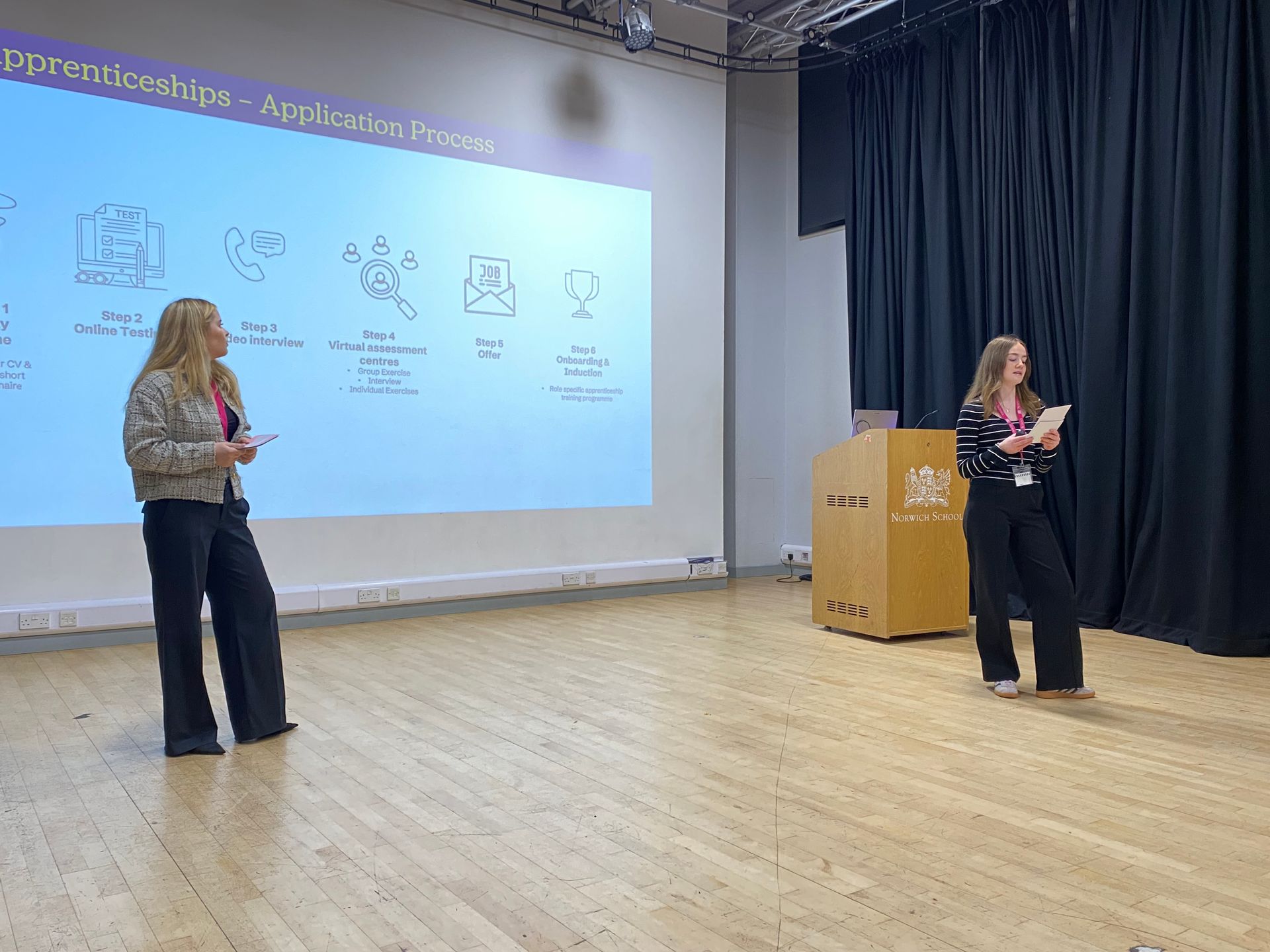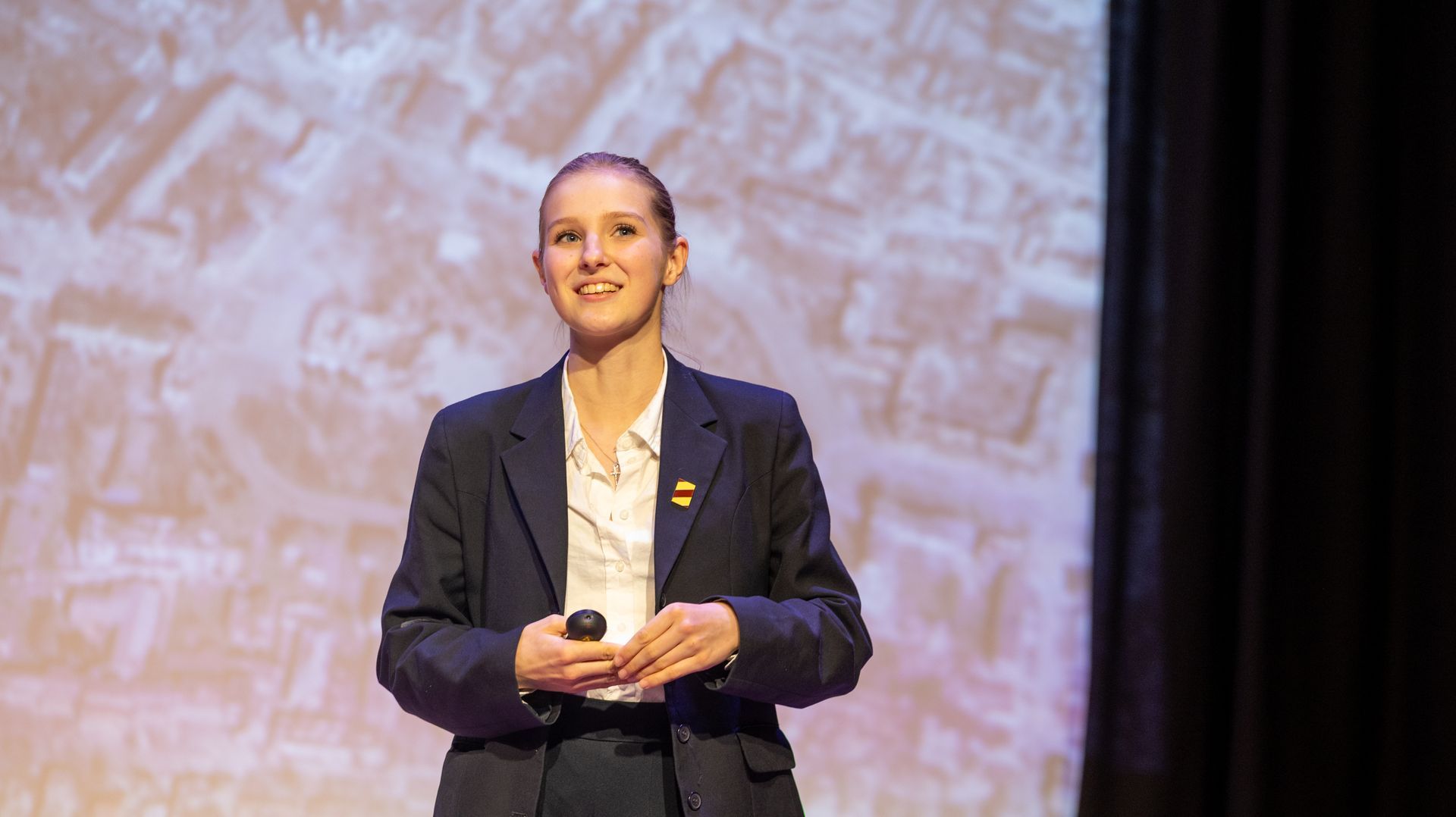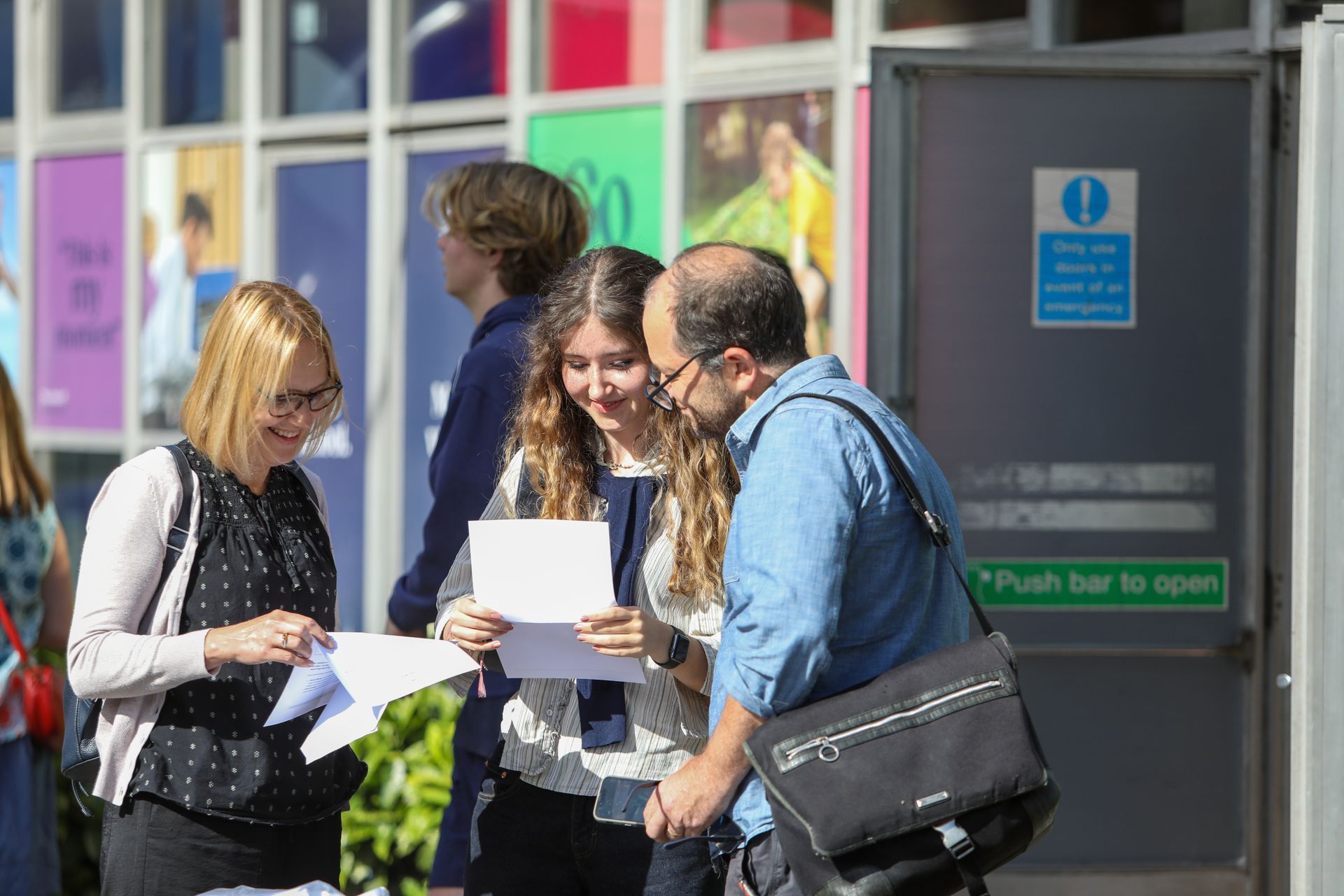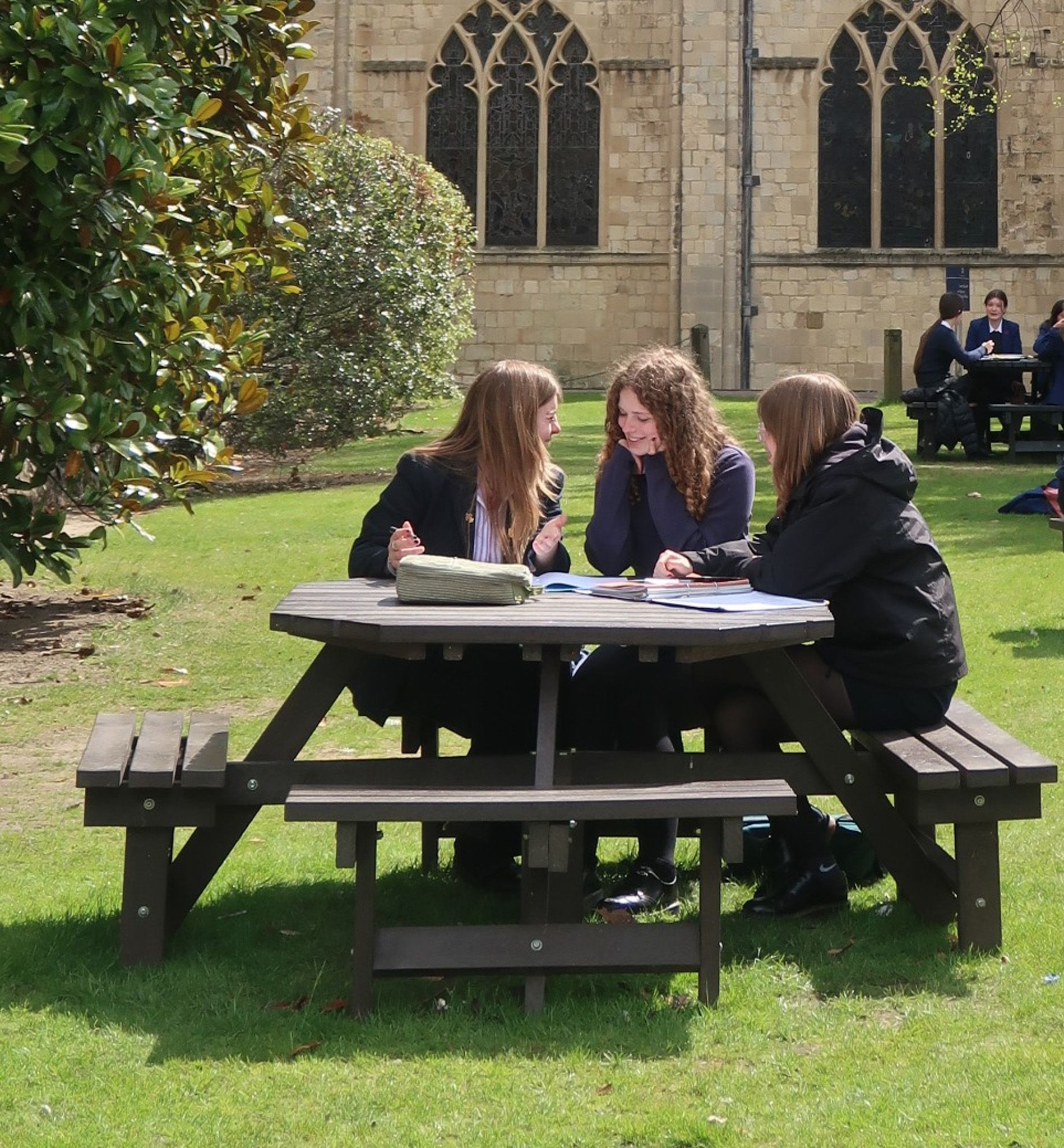New paragraph
Sixth Form
(Years 12 and 13)
Welcome to Norwich School Sixth Form
"Our sixth form is a dynamic and inspiring community, brimming with opportunities tailored to ensure you make the most of your time here.
We offer an exceptional academic program that builds up to A Levels with abroad range of subjects along the way you have endless chances to deep-dive into interests through our Clubs and Societies and Independent Project. Whether you're passionate about Sport, Performing Arts, Community Service or Academics, we have something exciting to ignite your enthusiasm.
Our experienced sixth form team, academic and pastoral, are here to guide you every step of the way, helping pave the way for your success - be that University, apprenticeships, studying abroad, or any other dreams you wish to pursue. As a Sixth Former you can also enjoy exclusive spaces around the site that we have created for you, including the magnificent Bishops Parlour Study Area and the brand new Upper King Street Café. We can't wait to welcome you to this vibrant chapter of your journeys."
Richard Sims
Assistant Head, Head of Sixth Form
Latest news from the Sixth Form




































